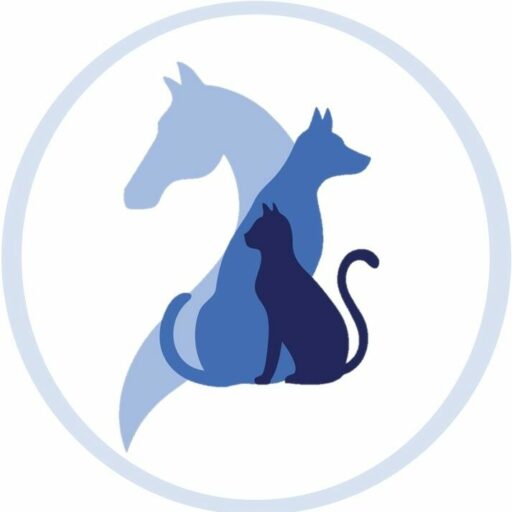Balancing Risks and Rewards: Lessons from the Icarus Myth and Modern Challenges 11-2025
In both personal and professional spheres, humans constantly navigate the delicate dance between pursuing rewards and managing risks. The Icarus myth, far from a cautionary tale of recklessness, offers profound insight: true progress emerges not from avoiding fire, but from flying through it with intention. This article deepens that wisdom, showing how organizations and individuals transform risk into fuel through vision, resilience, and adaptive courage.
The Pyre of Intention: From Restraint to Catalytic Risk
From restraint to purpose, the evolution of risk lies in clear intention. Where caution once held dominion, vision now ignites decisive action. The Icarus myth reminds us that ambition without direction leads to collapse, but ambition guided by foresight becomes transformative. Psychological research supports this: when goals are specific and aligned with values, risk-taking activates the brain’s reward system, not fear—turning hesitation into strategic momentum. This shift from passive avoidance to active engagement turns risk into a catalyst for elevation.
Elevation Through Controlled Bursts: When Risk Becomes Fuel
Controlled risk-taking is not chaos—it’s precision. Neuroscience shows that moderate stress heightens focus and decision-making by activating the prefrontal cortex, shifting the brain from fear to focused energy. Consider the case of SpaceX’s iterative rocket launches: each test flight, a calculated leap, yielded data that transformed failure into fuel for success. This neurocognitive shift illustrates how structured risk—rooted in analysis and purpose—fuels breakthroughs rather than collapse.
The Alchemy of Failure: Transforming Setbacks into Springboard Momentum
Failure, often viewed as an endpoint, is reimagined as a reconfiguration. The paradox of risk tolerance reveals that measured exposure accelerates learning: each setback becomes a feedback loop that sharpens strategy. Research in organizational psychology shows adaptive teams treat failure not as a loss but as a design input—accelerating innovation cycles. Building systems that embrace failure as a teacher, rather than a threat, enables organizations to thrive not despite risk, but because of it.
- Controlled failure fosters psychological safety, encouraging risk-taking without fear of ruin.
- Iterative learning from setbacks reduces time-to-adaptation by up to 40% in high-velocity industries.
- Failure-driven innovation correlates strongly with long-term resilience, per a 2022 McKinsey study.
From Myth to Modernity: Icarus Reimagined in Leadership
The leader’s fire is not blind ambition—it is visionary courage grounded in wisdom. Modern leadership echoes Icarus’ ascent: bold yet disciplined, daring yet deliberate. Companies like Patagonia exemplify this balance, embedding risk into mission-driven innovation. Cultivating organizational courage means fostering environments where calculated leaps are celebrated, not punished, and where failure is a shared lesson, not a scapegoat.
“Leadership is the art of flying through the fire without losing sight of the horizon.”
From Myth to Modernity: Institutions and Cultures That Fuel Progress
To sustain elevation, institutions must design ecosystems where risk is channeled, not suppressed. Feedback loops—rapid, transparent, and constructive—reinforce progress, turning volatility into vitality. Research from Harvard Business Review highlights that organizations with adaptive cultures see 30% higher innovation rates. Embedding learning from failure into strategy embeds resilience at every level, ensuring growth outlasts any single risk.
Return to Balance: The Fire That Elevates as Dynamic Equilibrium
The fire is not destruction but transformation—risk as catalyst, not threat. Mastery lies not in avoiding flame, but in mastering its flow: channeling energy, sustaining momentum, and preserving core purpose. This dynamic equilibrium reaffirms the parent theme: risk, when guided, becomes the engine of evolution. As the Icarus myth teaches, true ascent demands both courage and control.
| Lesson | Application |
|---|---|
| Intentionality transforms risk into purpose | Define clear objectives before taking bold steps |
| Adaptive failure cultures accelerate learning | Implement structured post-mortems to extract insight |
| Balanced risk tolerance fuels innovation | Allocate dedicated space for experimentation within safe boundaries |
Risk is not an enemy to be vanquished but a force to be mastered. As the Icarus myth reminds us, the flight itself is the ascent—each calculated leap, each controlled fall, a step toward evolution.
“The fire we fear to walk through is the same flame that lights our wings.” — Modern Leadership Insight
For a deeper exploration of this theme, return to the foundational insights on balancing risks and rewards at Balancing Risks and Rewards: Lessons from the Icarus Myth and Modern Challenges.
